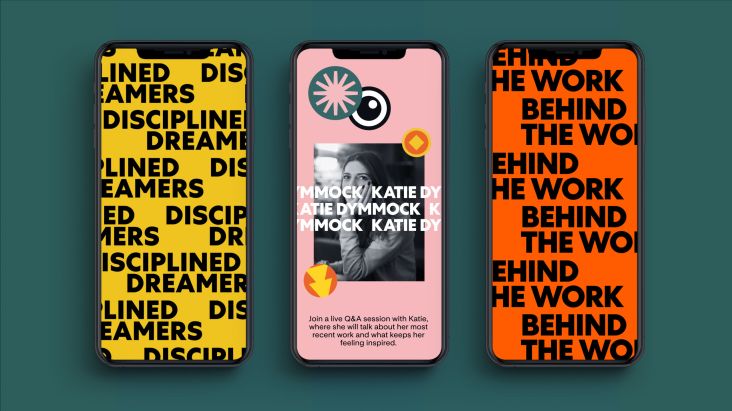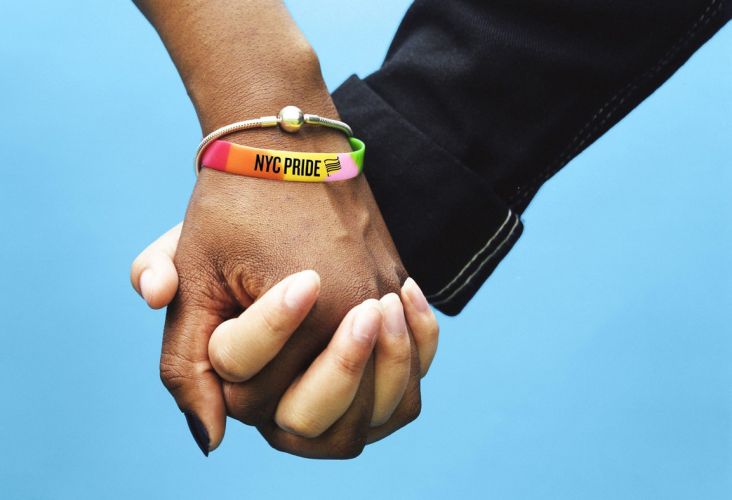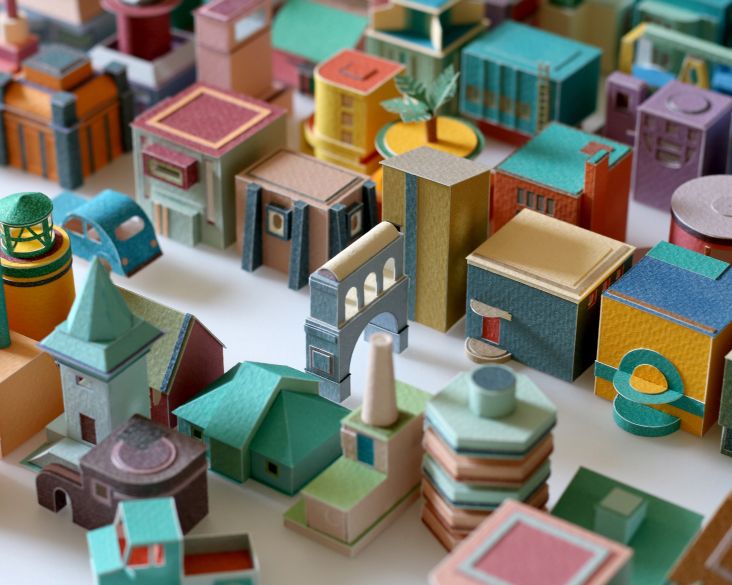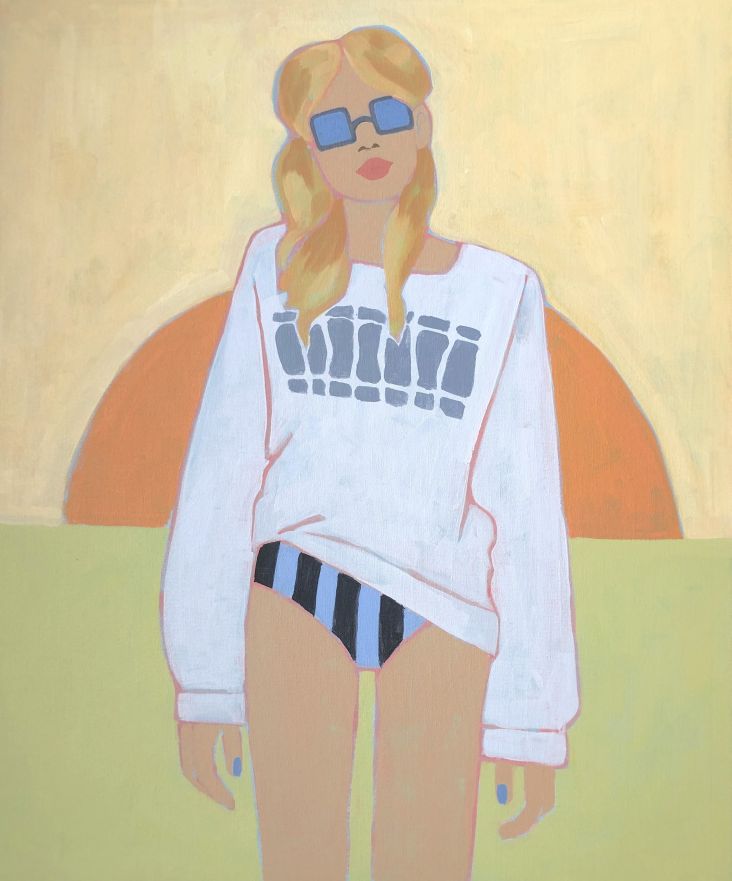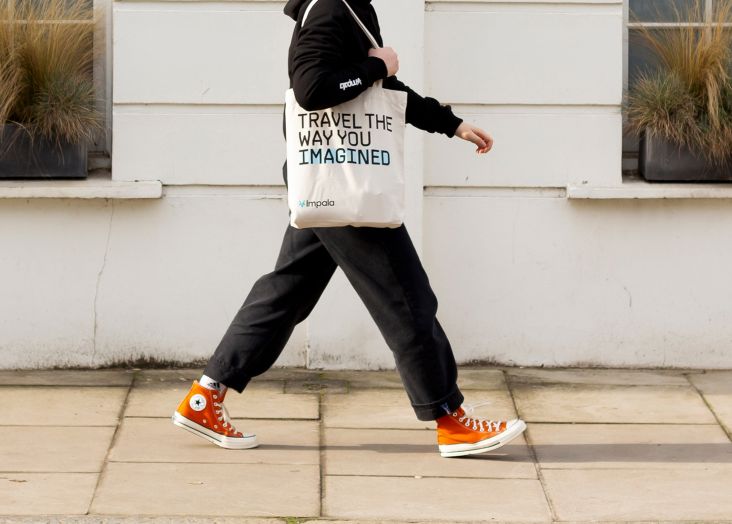Meet Ash Phillips and Miro LaFlaga, the agency founders ditching 'grind culture' and pushing for meaningful change
'Grind culture' is a familiar term in the creative industries, and it's something that's pushing more of us to switch careers or change how we work forever. One dynamic duo leading the way in Montréal is Ash Phillips and Miro LaFlaga, who runs Six Cinquième, a creative agency that's pushing for change and doing things very differently.
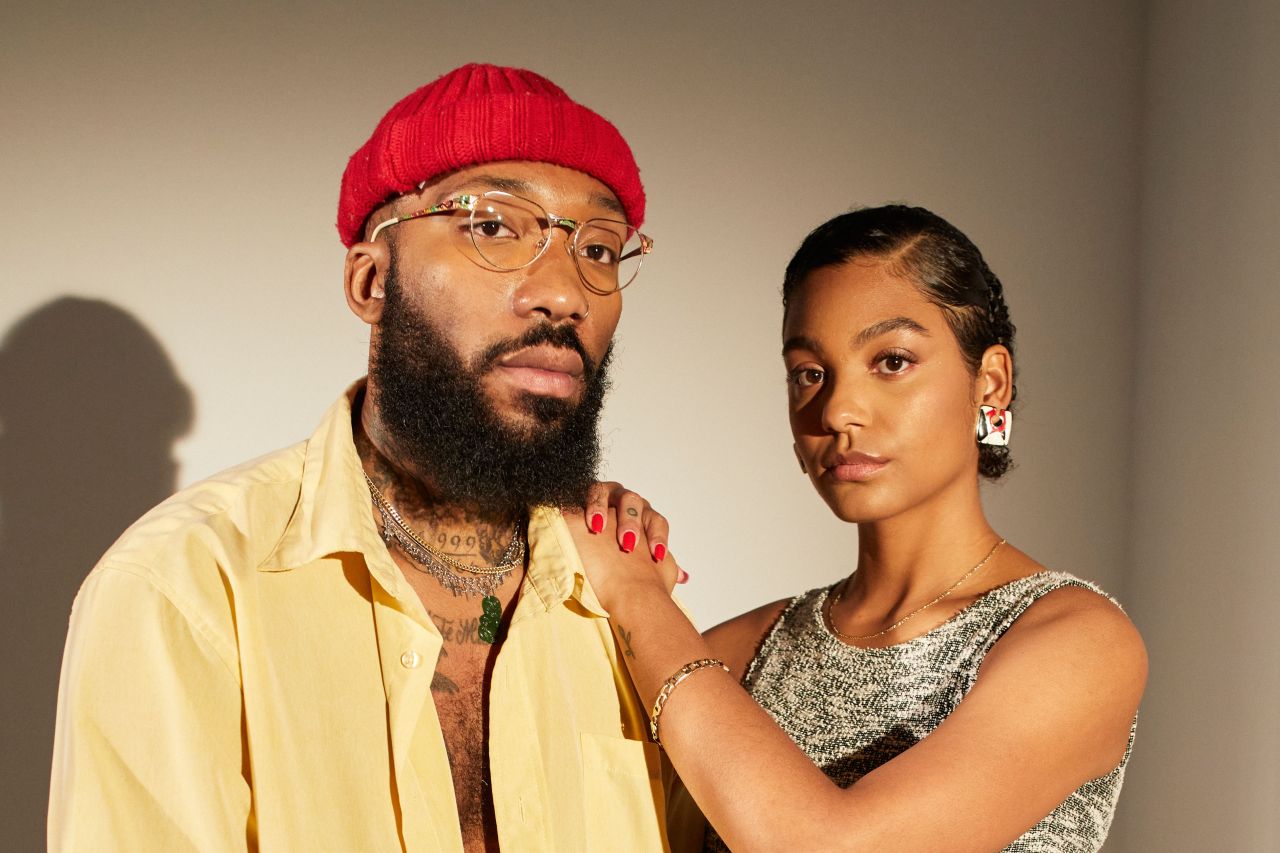
Miro LaFlaga and Ash Phillips of Six Cinquieme. Photography by Ben Meir
With backgrounds in graphic design and business management, Ash and Miro's journey began in 2015 as freelance creative directors producing visuals for local artists in Montréal. Driven by a shared passion for diversity and innovation in the city's creative industry, they began a partnership, collaborating on various projects for three years until deciding to carve their path.
They launched their agency, Six Cinquième, in 2018 to specialise in brand identity for entrepreneurs, startups and emerging artists who are driving change within their sectors. "We're home to the mavericks who constantly look to uncover the next frontier," says Miro. "It's a launchpad for trailblazers who are ready to make their mark."
On the side, Ash and Miro also host workshops to encourage young BIPOC creatives to enter the industry, building a local community as they go and giving talks to share their story on ditching "grind culture" and finding a new way of working. We sat down with Ash and Miro to talk about how the world is changing for the better and why running an agency doesn't have to involve long hours or personal sacrifice.
You've built an agency based on a realisation that we don't have to "hustle" to be a success?
Miro: Yeah. It was based on a need to escape, more or less. We escaped and started freelancing but then realised we'd set ourselves another trap, if that makes sense? It's why I sometimes have a weird relationship with social media because I see people who call themselves entrepreneurial gurus talking about "financial freedom", and I cringe because that's not reality. They're just preaching another version of a nine to five. There are very few people who can avoid the rat race and live the life they want.
For the rest of us, freelancing and running a business can mean even longer hours, often leading to burnout. That's when we realised we needed to create a business model that would prioritise our needs.
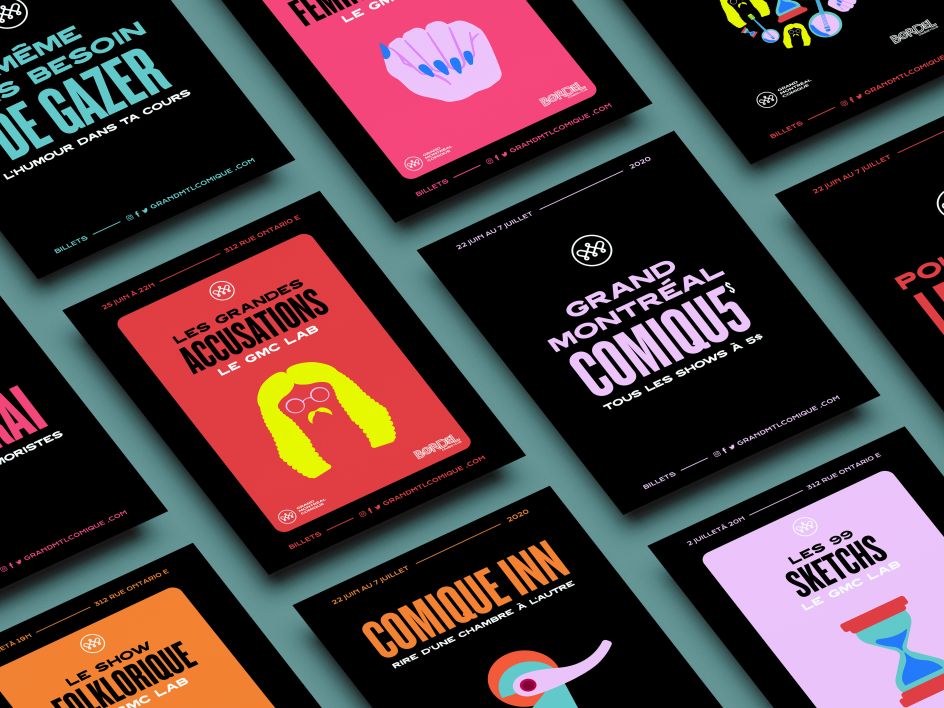
Grand Montréal Comique
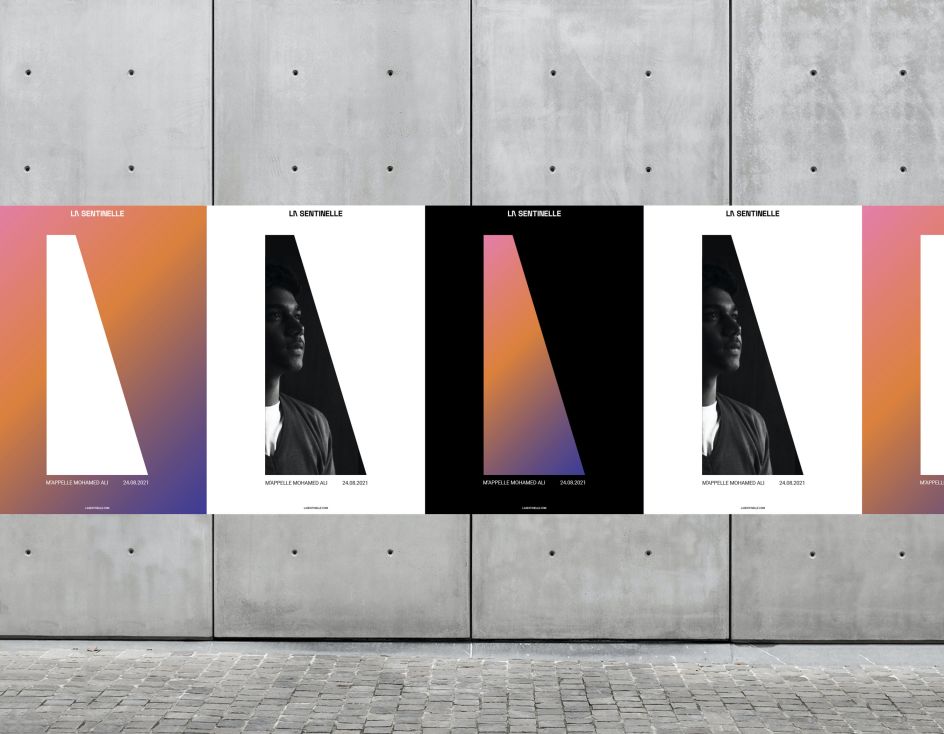
La Sentinelle
So you were freelancers before you launched your agency?
Ash: I was fresh out of design school following a three-year course in graphic design. Many of my peers had immediately gone on to university, but I was burnt out from my studies and needed a break. During that time, I dropped into freelancing. I had no real direction and was floating through the void, taking on work here and there. But I didn't know what I wanted to do. Through that journey, I didn't feel connected or passionate about design compared to before. I think that's something I had in common with Miro when we first met.
Miro: Yes, that's right. My journey was quite different. I didn't go to any art or design school. I studied business management, but I never knew what I wanted to do. I loved being creative, but I'd heard the usual narrative about how you can't make money as an artist. But ignoring that, I dropped out of school and became a stylist. I began working with local artists and built a network, making friends with photographers and videographers. And then, I started my own website, documenting my process. It got attention, I attracted clients, and there was a snowball effect until I met Ash.
Was there a specific moment when you realised something had to change?
Ash: I think it's almost a rite of passage when you're going from freelance to upgrading your business to something bigger, like an agency. It's a logical progression to make the mistakes of overwork, taking on lots of projects to survive – because you don't yet know your boundaries or standards.
Back then, we were naturally hungry and wanted to build our portfolio, saying "yes" to everything. After a while, we realised it wasn't sustainable. We got to a point where we weren't enjoying our work and felt bitterness and resentment. That's not healthy. The tipping point forced us to change things.
Miro: Yeah, that tipping point came after we realised how stressed we'd become. We'd be getting calls from clients late at night, and we would answer them. It felt like we had to. Our mentality was that clients were paying us, so we needed to be available 24/7. We weren't setting boundaries, and we didn't feel we had permission to do that.
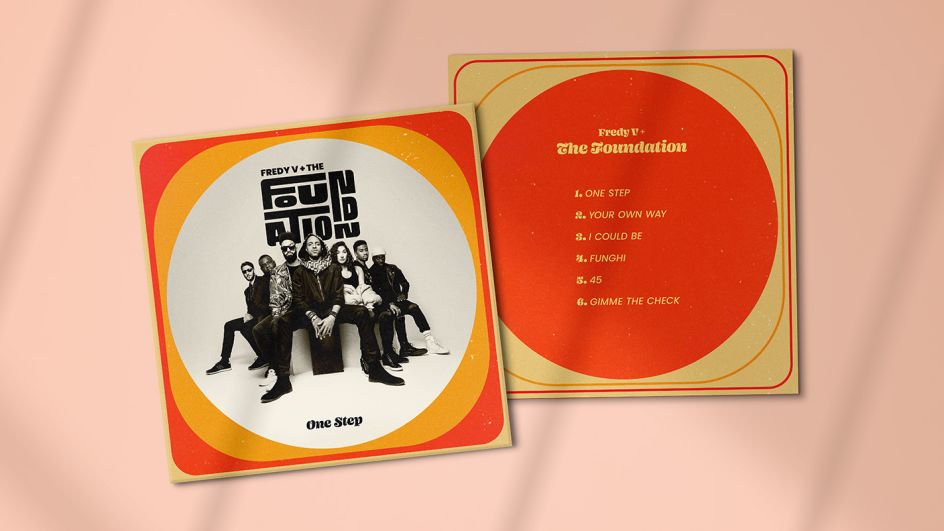
Fredy V. and The Foundation
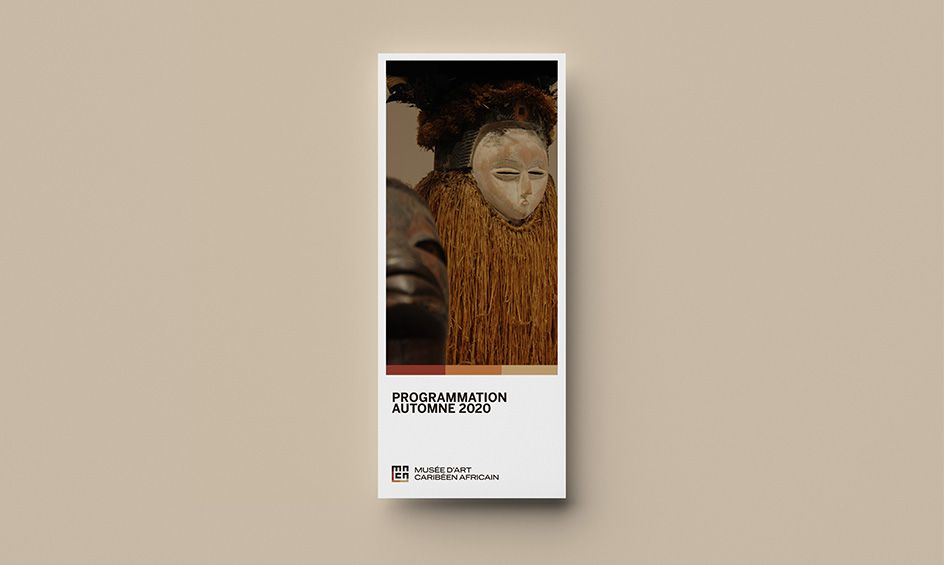
MACA, Montreal’s Museum of African Caribbean Art
Did you feel you had something to prove as well?
Miro: Yeah, one hundred per cent. I still consider us as babies in this industry but back then, we also had this thing where we felt like the "new things", so we had to go above and beyond to prove ourselves. That pressure was driving us.
Ash: That's one side of it, for sure. But it's also the client relationships. You feel so dependent on them you don't want to rub them up the wrong way. You don't yet have the confidence to be a more rigid business person. I used to have anxieties around that. I feel it's very common with freelancers or anyone new to the game, where we operate on a "scarcity" mindset, thinking we have to put up with these behaviours because we need to pay the bills.
But operating on that fear mentality meant it was stopping us from getting bigger and better clients, as we weren't working with people who genuinely respected us and knew our value. I can't tell you when the shift to a more positive mindset happened for us, but over time, we built up the confidence to say no, we don't want these types of clients or projects, and we have faith that many more opportunities will come.
Confidence comes from experience and knowing that those slow weeks don't have to be something to fear. Something always pops up. You've got to have faith things will be ok.
And instead of worrying, we now take advantage of the downtime. We're conscious it's just part of the process, and when the next client comes, we'll be ready and energised to take it on.
Miro: Yeah, we had to go through that learning process. I don't think we'd have reached this point of enlightenment without experiencing the stressful, anxious-ridden side of freelancing. It's beneficial for anyone to learn and grow from starting a business. Only then can you figure out what does and doesn't work for you.
Agreed. Until we've had those experiences, we don't learn that lesson. We find our integrity and realise we have the power to decide how we run our business. How have your clients reacted?
Miro: I feel that ever since we started adapting this way of operating, the people we work with respect us even more. It's interesting how setting boundaries have shifted perceptions. I wonder why we even worried about making such positive changes. It's weird.
Ash: Any freelancer is afraid of setting boundaries because they fear it'll scare clients away. But the right people will respect how you want to run your business. You'll find you strengthen your client relationships by prioritising yourself, your leisure time and your mental health.
One of the silver linings of the pandemic is that people seem to be more aware of mental health and the importance of rest?
Ash: Yeah, it's made it much easier to talk about. People understand it more, too, as many of us have gone through a similar mindset shift, realising we need to find a better way of working. Productivity, work-life balance...it's a much louder conversation.
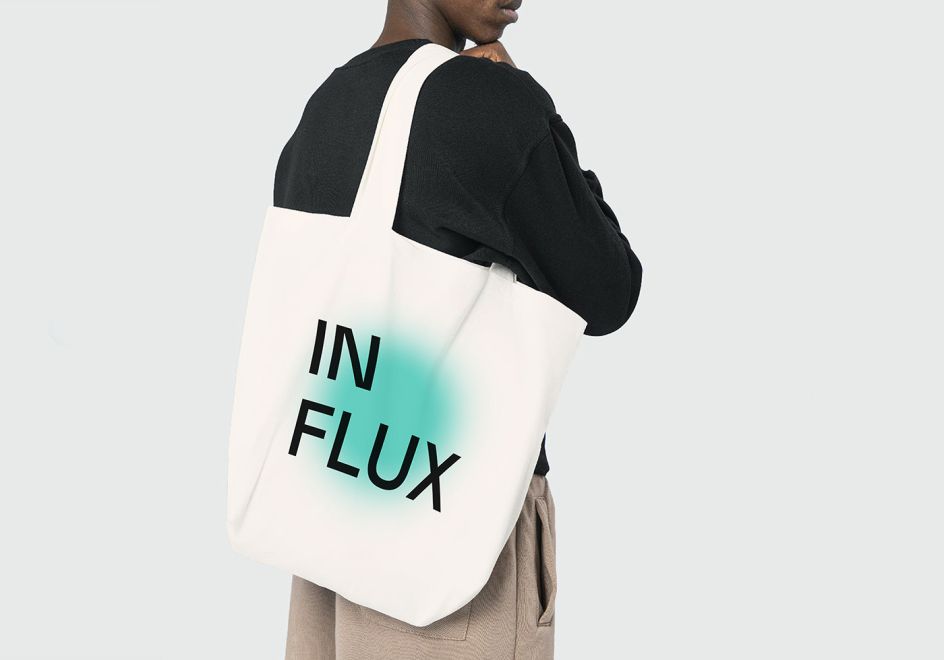
In Flux: Black Poetry Films
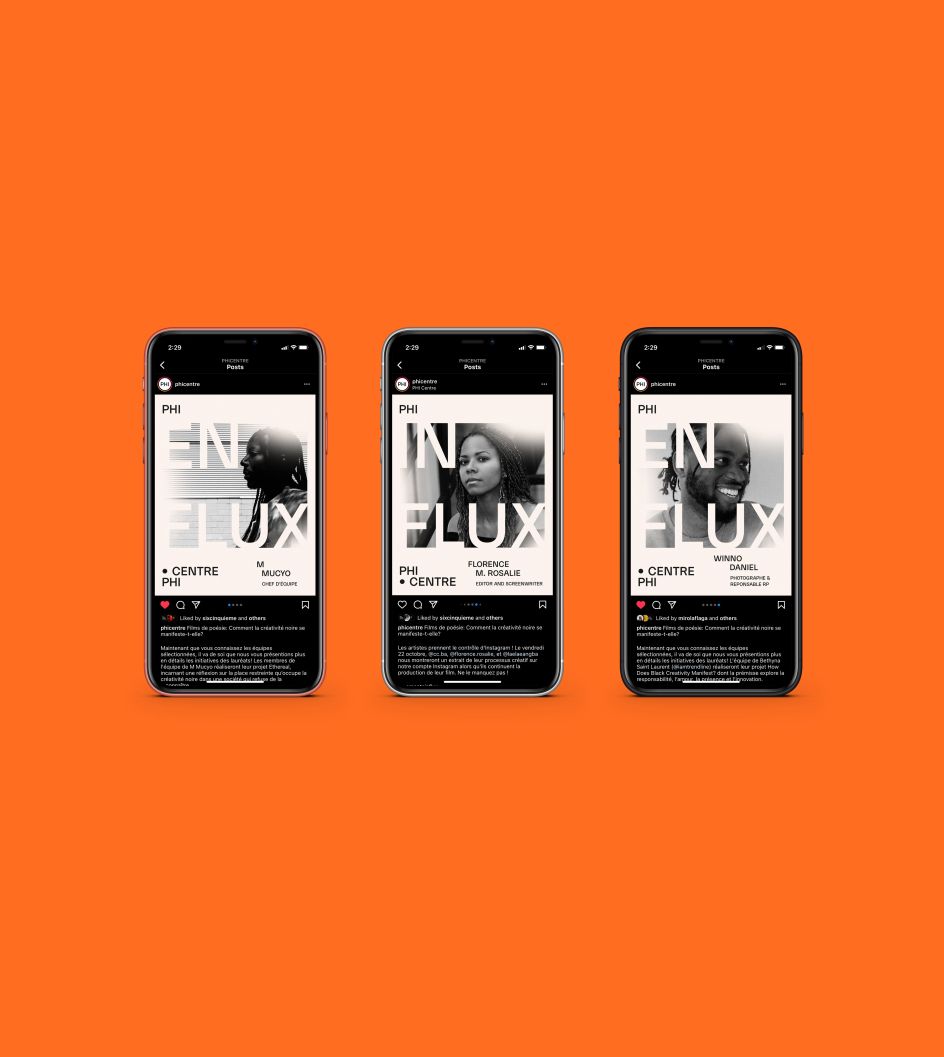
In Flux: Black Poetry Films
With your agency, have you found the balance you wanted?
Ash: It's a work in progress. The way I see it, whatever solutions we've found for us today will inevitably change as we grow. I don't see them as permanent fixes. We want to give ourselves the flexibility to adapt as we go along.
Miro: What's dope about doing our own thing is that we now have more self-awareness. Whereas in the past, we'd both just go through it and feel super overwhelmed and burnt out. But these days, we approach things differently. If we see ourselves falling into bad habits again, we call each other out. It's cool to keep checking in with ourselves. It's better for our mental health and work.
And how have you both coped with the pandemic?
Miro: For us, it's tricky because we're home birds. Before the pandemic, we were already working remotely, so it didn't change how we operated. I guess, in reflection, it's made us reevaluate where we're going and how we want the agency to evolve. It's even made us consider what type of legacy we'd like to leave. We wonder about the future of design and how we will work moving forward. That's what we're interested in.
Ash: We're grateful the pandemic didn't impact us negatively. We have a strong support network locally – both our families live in Montréal, too. So we're privileged, and we know we're lucky. I suppose we've come out of it feeling more confident and sure of our approach to business.
It's great you feel that way. Many people I've spoken to lately feel like they've lost their confidence and feel tired instead of energised after the festive break.
Miro: It's interesting you should say that. Even in January, I still felt low in energy. I felt like I wasn't doing enough. I wanted to start the year strong but didn't really have the motivation. I was beating myself up about it. But then I reminded myself of the pandemic and all the intensity of the news, protests and social change. And I decided to give myself a break.
Yes, that's playing a massive part in this collective feeling of exhaustion. Every year, we delude ourselves into thinking a new year will feel different, maybe?
Miro: Yeah, and I asked myself: who said in January 2022 we had to be back on our shit, getting stuff done? Who said we couldn't take the month off. There's always this narrative of "new year, new me", and it comes back to these traditions that don't work for everyone. For some people, they're not "back on it" until March. What's wrong with that? There's nothing to feel guilty about. It's ok to take your time and slowly find your rhythm and groove. It's something I needed to remind myself.
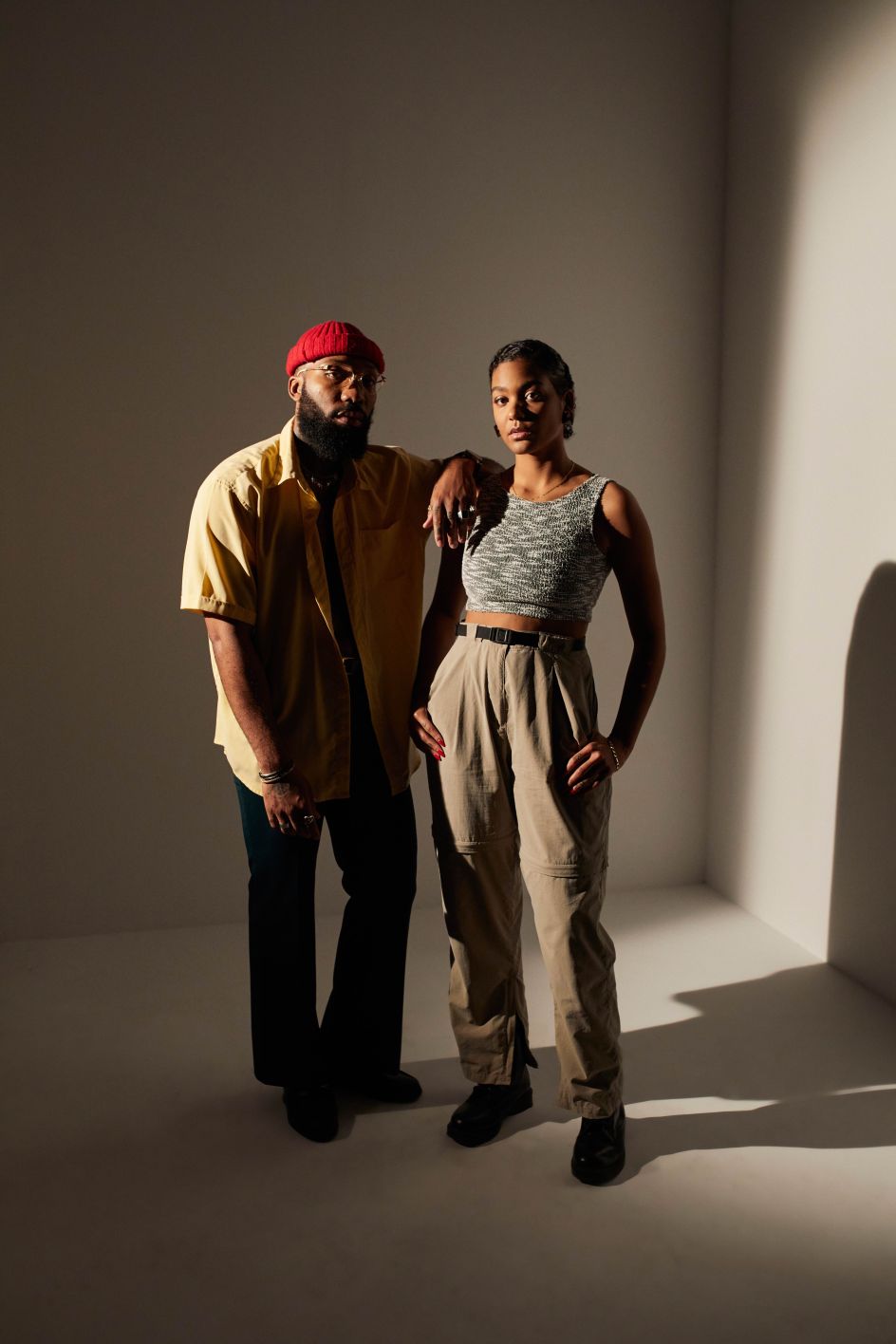
Miro LaFlaga and Ash Phillips of Six Cinquieme. Photography by Ben Meir
The whole point of going freelance is to enjoy some level of escape, right?
Ash: Yeah. It was to escape something I knew I wasn't going to enjoy – the "revolving door" culture of agencies, where they take advantage of "new blood" and give them all the shitty work to handle. I've always just wanted to do my own thing. But then freelancing had its problems, too. We were making mistakes and getting burnt out but we're finally carving out our path.
2022 is looking very bright for you then?
Miro: It's looking very bright. It's cool that we're able to do what we do, working to a mindset that focuses on balance and running a business that fits into our lives and not the other way around. It's also inspiring to have a philosophy to create work that has meaning and makes a difference. And partnering with brands that hope to disrupt, innovate and help change the world for the better.
Ash: And have fun whilst doing it. We want to love life. Yes, we want to help businesses create impact and change the world. But we want to make sure we're always enjoying ourselves whilst we do it. That we're not consumed by our work, and we instead have time to relax. We're lucky that we're young and our agency is new, so we have the freedom and flexibility to build on this foundation of balance. I'm definitely excited about what the future holds.




 by Tüpokompanii](https://www.creativeboom.com/upload/articles/58/58684538770fb5b428dc1882f7a732f153500153_732.jpg)


 using <a href="https://www.ohnotype.co/fonts/obviously" target="_blank">Obviously</a> by Oh No Type Co., Art Director, Brand & Creative—Spotify](https://www.creativeboom.com/upload/articles/6e/6ed31eddc26fa563f213fc76d6993dab9231ffe4_732.jpg)








